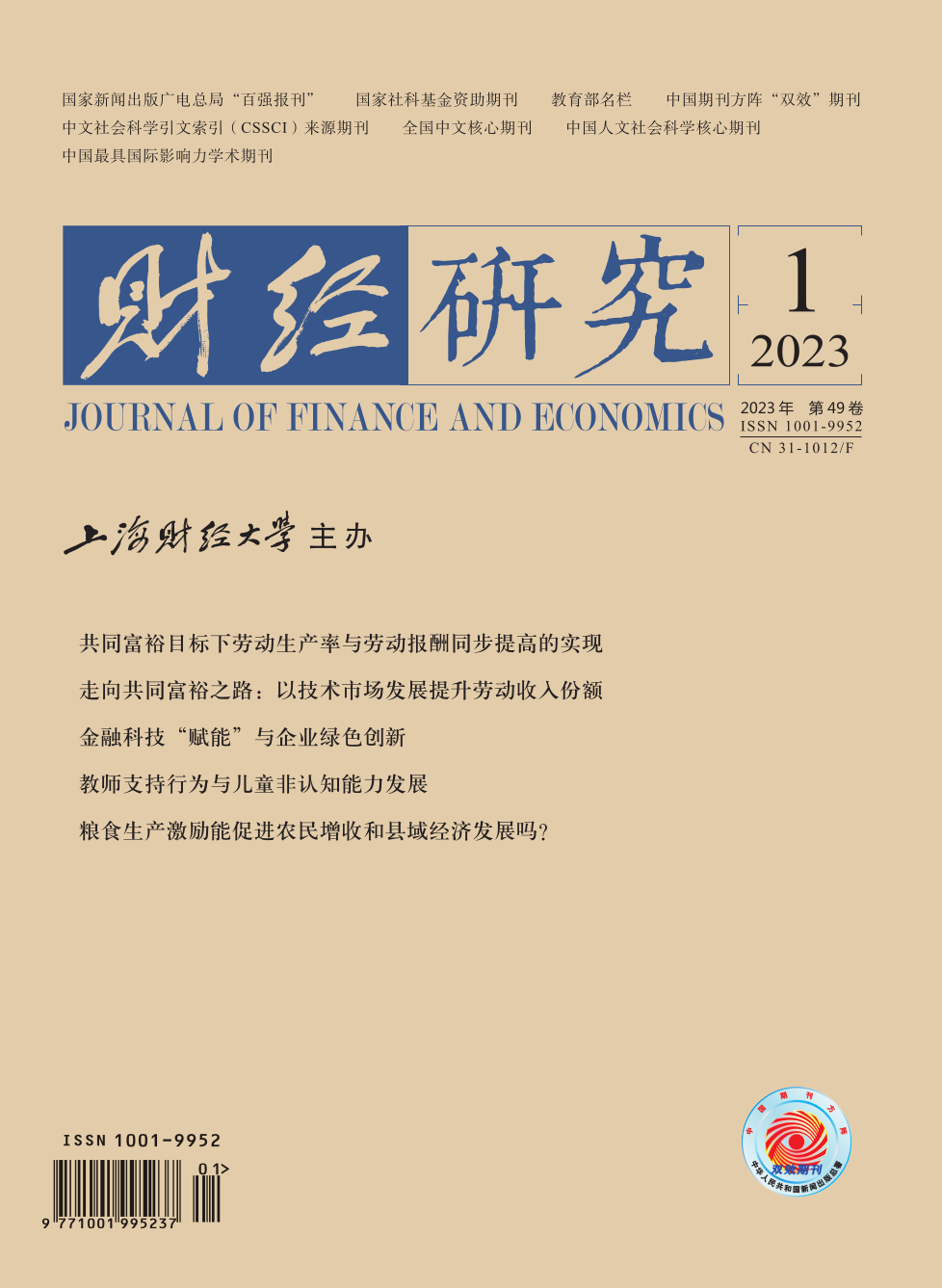Under the special institutional situation in China, the government and its subordinate departments use public power to unfairly restrict and exclude market competition, which will affect the operation activities of enterprises. Existing studies have found that administrative monopoly will hinder the free flow of factors and resources, and restrict and distort competition, which is not conducive to the improvement of enterprise innovation level.
In order to control administrative monopoly and maintain the market environment of fair competition, the Fair Competition Review System was officially promulgated in June 2016. Based on the data of A-share listed companies from 2012 to 2020, this paper uses the DID method to examine the impact of the implementation of the Fair Competition Review System on enterprise innovation. The study finds that the implementation of the Fair Competition Review System significantly improves the innovation level of enterprises in the administrative monopoly industry, and it is more manifested in the improvement of substantive innovation level. The channel test result shows that the Fair Competition Review System mainly promotes the innovation level of enterprises through government subsidies, credit rationing, and market competition mechanism. Further research shows that the promotion effect of the Fair Competition Review System on enterprise innovation is more significant in state-owned enterprises and enterprises with greater financing constraints. The heterogeneity test based on the regional and industrial level shows that this promotion effect is more obvious in regions with low marketization process and in enterprises in non-high-tech industries. In addition, industrial policies will weaken the innovation promotion effect of the Fair Competition Review System. This paper enriches the relevant research on factors affecting enterprise innovation, provides reference for the evaluation of the practical effect of the Fair Competition Review System, and has important policy significance for strengthening the regulatory reform of monopoly industries, promoting the establishment of a high standard market system, and building a new development pattern.
The marginal contributions are as follows: (1) This paper studies the impact of administrative monopoly regulation on enterprise innovation, which enriches the research on the impact of changes in the external institutional environment on enterprise innovation. (2) There are few empirical studies on how the Fair Competition Review System affects the behavior of micro market subjects. This paper not only provides new evidence on the economic consequences of regulating administrative monopoly, but also has important policy significance for strengthening the regulatory reform of monopoly industries, promoting the establishment of a high standard market system, and building a new development pattern. (3) This paper examines the role of regulating administrative monopoly on enterprise innovation, and provides inspiration for the further implementation of the anti-administrative monopoly system in the future.





 7590
7590  6811
6811

